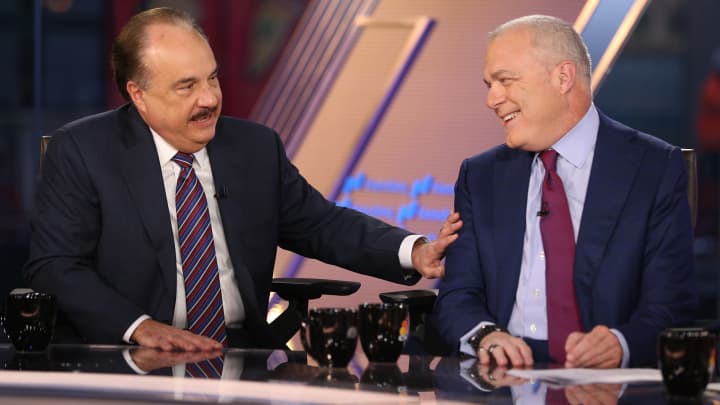
CVS wants to be a health-care company. It’s buying a health insurer to prove it.
Four years after adding “Health” to its name, CVS has become more than just a drugstore chain. Now, its vision is becoming clearer as CVS Health enters what may be the most pivotal moment in its 55-year history.
CVS closed on its $70 billion purchase of health insurer Aetna on Nov. 28 after Aetna sold off some assets to win antitrust approval from the Justice Department. Although it still needs court approval and could be pared back, the deal is considered so transformative that CEO Larry Merlo says it will change the way health care is delivered in the United States. It will also make CVS Health one of the nation’s largest health-care companies.
It’s a long way away from where the Woonsocket, Rhode Island-based company started.
Brothers Stanley and Sidney Goldstein, along with partner Ralph Hoagland, opened the first Consumer Value Stores in Lowell, Massachusetts, in 1963. That store sold health and beauty products — but not prescription drugs.
They bought their first pharmacies in 1967, the first of many acquisitions that would build CVS into what it is today. Over the decades, CVS has scooped up small independent pharmacies and regional chains.
All of those deals established CVS as a national retailer. Its 2006 acquisition of a Minnesota chain of walk-in clinics, called MinuteClinic, showed CVS had other ambitions. One year later, in 2007, CVS bought pharmacy benefit manager Caremark for $26.5 billion.
Investors were initially skeptical of that deal.
“I think no one liked it because they didn’t understand what the culmination of a retailer and a PBM would do,” said Lisa Gill, managing director and senior equity analyst at J.P. Morgan.
CVS stopped selling cigarettes and other tobacco products in 2014, which some executives consider the turning point in its transformation. It changed its name to CVS Health later that year.
Signs declaring its headquarters a tobacco-free campus dot the parking lots. A wall in the lobby displays milestones throughout the company’s history. CVS’ acquisition of Aetna is the latest addition.
Last year, CVS generated $184.8 billion in revenue and Aetna reported $60.5 billion, or $245.3 billion when combined. The larger company will control where consumers buy prescription drugs and walk-in health clinics, manage prescription drug benefits and offer health insurance.
With those pieces together, CVS hopes to change how consumers access health care and to lower costs in the process. CVS isn’t giving up on its retail roots, but it’s diving deeper than ever into health care.
[“source=ndtv”]




